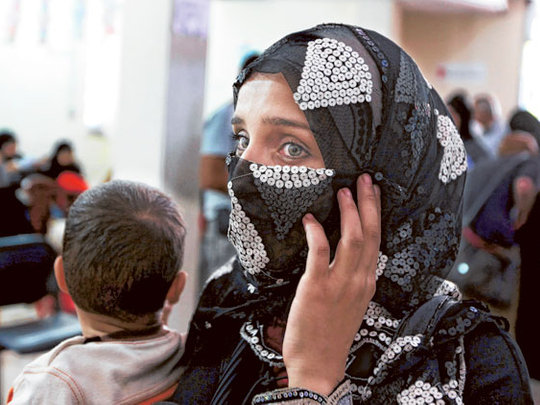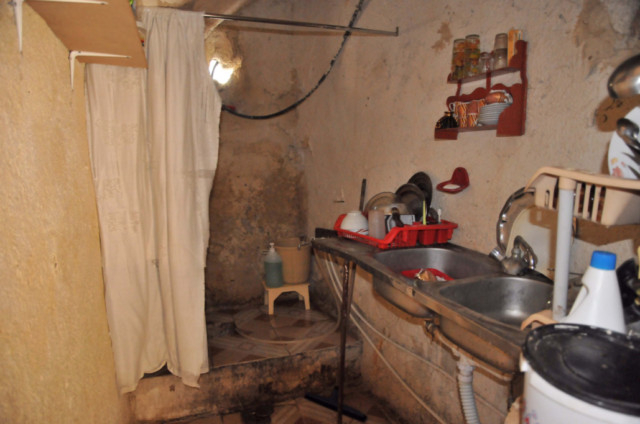
TRIPOLI, LEBANON: The total number of Syrian refugees seeking shelter in neighbouring Lebanon has been raised to 72,000 according to data released by the UNHCR. The latest figure, which is double what it was in early August, does not include the thousands more who enter the country illegally.
Estimates put the figure at more likely to be 90,000 and last week alone 6,500 displaced Syrians sought assistance. With no camp to accommodate them, housing is increasingly posing a significant challenge.
As a precautionary measure to prevent a conflict spillover, the Lebanese government eliminated the possibility of providing a camp similar to those on the Jordanian and Turkish borders. Rather, the UNHCR isrequired to place refugees with host families, in rented accommodation or vacated buildings and schools. Beirut-based Mohammad Abu Asaker, Communications Officer for the UNHCR, said, “Camps often make refugees feel vulnerable and are consequently not a favourable option for us. Living with families allows refugees to lead as normal a life as possible. Shelter however does remain a big challenge here and we are working with the government to find alternative solutions.”
While many Lebanese have been hospitable, opening their homes to refugees, they cannot accommodate everyone. Refugees with no connections are forced to sleep on the streets, find wasteland on which to build makeshift huts or are forced to pay inflated rent prices to live in dirty, dilapidated rooms where toilet and kitchen are one. For $200 (Dh734.4) a month, Halijeh has rented such a flat for her family of six. “We put clothes against the door to stop insects and stuffed rags into the holes of the wall to prevent snakes from coming in,” she said.
Unemployment is an obstacle most refugees now face. Jobs are few and far between in Tripoli; a city characterised by high unemployment and poverty, where investment is scarce and instability ample. Should a Syrian secure work, reports often surface of unscrupulous managers demanding long hours for poor wages. One 17-year-old boy, who now has to support his family of four, works in a local restaurant for $7 a day, 7 days a week. The Lebanese government has urged refugees to report any incidences of discrimination and even set up a hotline in July to help curb the trend. When asked about this however, the majority of refugees were unaware of its existence.













